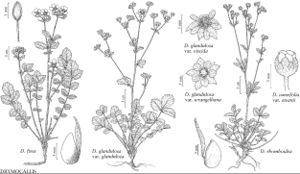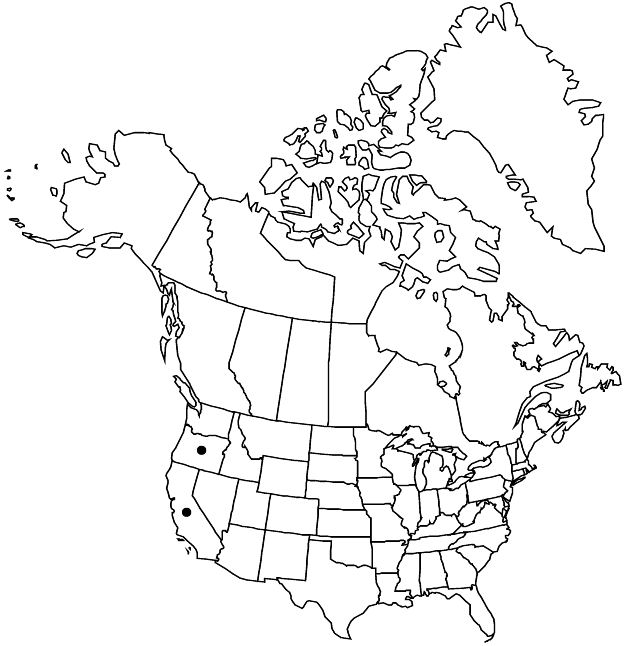Difference between revisions of "Drymocallis rhomboidea"
Monogr. N. Amer. Potentilleae, 203. 1898.
FNA>Volume Importer |
FNA>Volume Importer |
||
| Line 15: | Line 15: | ||
|label=Selected by author to be illustrated | |label=Selected by author to be illustrated | ||
}} | }} | ||
| − | |basionyms={{Treatment/ID/ | + | |basionyms={{Treatment/ID/Basionym |
|name=Potentilla rhomboidea | |name=Potentilla rhomboidea | ||
|authority=Rydberg | |authority=Rydberg | ||
| + | |publication_title=Bull. Torrey Bot. Club | ||
| + | |publication_place=23: 248. 1896 | ||
}} | }} | ||
|synonyms={{Treatment/ID/Synonym | |synonyms={{Treatment/ID/Synonym | ||
| Line 64: | Line 66: | ||
|publication year=1898 | |publication year=1898 | ||
|special status=Endemic;Selected by author to be illustrated | |special status=Endemic;Selected by author to be illustrated | ||
| − | |source xml=https://jpend@bitbucket.org/aafc-mbb/fna-data-curation.git/src/ | + | |source xml=https://jpend@bitbucket.org/aafc-mbb/fna-data-curation.git/src/f6b125a955440c0872999024f038d74684f65921/coarse_grained_fna_xml/V9/V9_477.xml |
|subfamily=Rosaceae subfam. Rosoideae | |subfamily=Rosaceae subfam. Rosoideae | ||
|tribe=Rosaceae tribe Potentilleae | |tribe=Rosaceae tribe Potentilleae | ||
Revision as of 20:37, 24 September 2019
Caudex branches short. Stems ± tufted, 1.7–4.7 dm; base 1–3 mm diam., usually not septate-glandular. Leaves moderately to densely hairy; basal 5–12 cm, leaflet pairs 3; terminal leaflet obovate-elliptic, 1–2.5(–3) × 1–2(–2.5) cm, teeth single or double, 6–10 per side, apex obtuse to rounded; cauline 0–2, developed or reduced, leaflet pairs 2–3. Inflorescences 5–35-flowered, ± leafy, usually ± open, 1/3–2/3 of stem, wide, branch angles 15–60°. Pedicels 1–5 (proximal to 15) mm, predominantly short-hairy, usually not or sparsely, sometimes moderately, septate-glandular. Flowers opening narrowly; epicalyx bractlets linear-oblanceolate, 2–3.5 × 1 mm; sepals ± erect, 4–6(–8) mm, apex obtuse; petals not overlapping, ± erect, cream-white, usually narrowly obovate, sometimes oblanceolate, 3–5 × 2–3 mm, usually ± shorter than sepals; filaments 1.5–3 mm, anthers 0.6–1 mm; styles slender, 1.5–2.5 mm. Achenes light reddish brown, 1–1.2 mm. 2n = 14.
Phenology: Flowering Jun–Jul(–Aug).
Habitat: Dry slopes and outcrops in open forests
Elevation: 1200–2500 m
Discussion
Drymocallis rhomboidea is centered in the Siskiyou Mountains. It differs from D. campanulata in its smaller, cream-white petals and globular flowers; in addition, the vestiture is usually predominantly short-hairy, except in scattered California populations. Plants from Mount Ashland, the type locality, tend to have more congested, leafier inflorescences than plants found elsewhere in the range.
Selected References
None.

